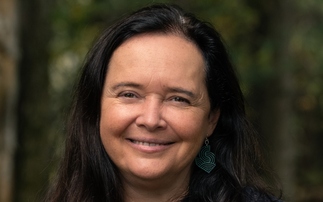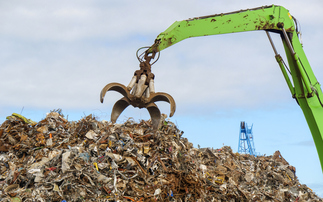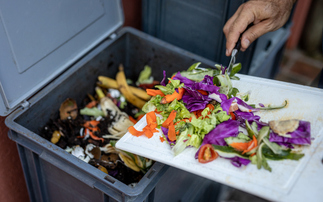AkzoNobel's Andre Veneman urges businesses to develop a new mindset towards radical resource efficiency
In this world of constrained resources, businesses across the globe are working hard to become much more efficient and to minimize waste. Although progress is being made by some, the reality is that the...
To continue reading this article...
Join BusinessGreen
In just a few clicks you can start your free BusinessGreen Lite membership for 12 months, providing you access to:
- Three complimentary articles per month covering the latest real-time news, analysis, and opinion from Europe’s leading source of information on the Green economy and business
- Receive important and breaking news stories via our daily news alert
- Our weekly newsletter with the best of the week’s green business news and analysis






